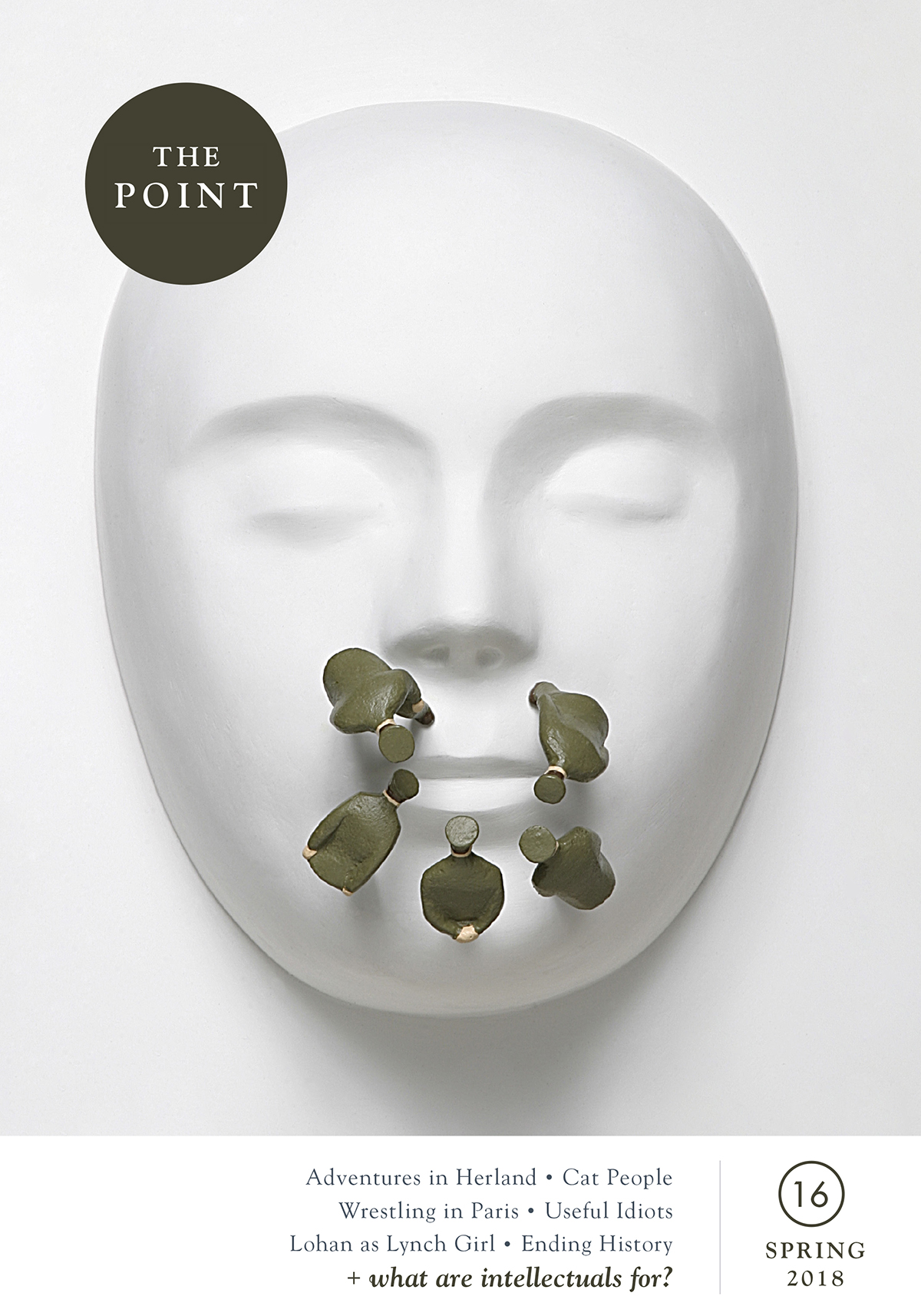In an effort to (slowly) restart this blog, I am logging readings, stray thoughts and commentary in a diary format every few days. Bear with me.
The Economist Intelligence Unit says Tel Aviv is the most expensive city in the world: Cost of Living Index 2021 | Economist Intelligence Unit
Tel Aviv had previously been in the top 10, and the EIU says it rose to the number one spot (ahead of well-known spendy cities like Paris or Singapore) chiefly because of "its soaring currency and price increases for around one-tenth of goods in the city, led by groceries and transport, in local-currency terms." But the more interesting data for the MENA region may be at the bottom of the scale – Damascus is the cheapest city in the world, and Tripoli not far behind it. I guess the upside of living in collapsed states ravaged by civil war is that it's cheap. I am surprised to see Tunis and Algiers also in the bottom 10 - I'm sure their residents, who often complain about cost of living despite many protectionist measures being in place, would be too. How much does this type of listing really say that is meaningful?
This book won the 2017 Goncourt Prize, arguably France’s most prestigious literary award. The subject is heavy - it focuses on those who collaborated with the Nazis, but were not Nazis themselves, among the elites of Germany and Austria in particular - people like the Prussian industrialists who led Siemens, Krupp, Telefunken, Opel etc. and funded the Nazis’ decisive 1933 electoral campaign, or Kurt von Schuschnigg, the chancellor of Austria who “negotiated” the Anschluss in 1938. But the writing is light, dancing between portraits of these characters, ruminations on their internal state of mind at the time, and accounts of their fate after the defeat of the Nazis. It’s not a history even if it fact-based; the style is literary, but it is not fiction and is more than “literary non-fiction”.
It is also at times funny - whether because of the asides on what people must have been thinking, their hobbies, their petty interests etc or in the character sketches of the people involved. A particularly tragicomic episode involves Ribbentrop in 1938, on the eve of the German invasion of Austria, over-staying his welcome at his farewell lunch as Germany’s ambassador to the UK at Downing Street by droning on and on about tennis, discussing the gamesmanship of players of the day and his own attempts at improving his game, while Chamberlain (who receives news of the impending invasion in the middle of the lunch) politely listens on but is desperate to leave to consult with his diplomatic and military advisors.
To read perhaps side to side with a masterpiece from the period, Friedrich Reck’s Diary of a Man in Despair.
This is a smart discussion on the Israeli-Palestinian conflict and its evolution featuring Rebecca AbouChedid, Daniel Levy, Diana Buttu and Peter Beinart: Where to look for hope. I really like Daniel turn of phrase about diplomatic-speak on the conflict: “a rhetoric feast of meaningless blah”.
Iran is the #1 sanctioned country in the world, says SAIS’ Rethinking Iran initiative on sanctions. There is a lot of material on this infographic page, and every fact box links to an essay on the topic - such as how household welfare has been affected by the Obama, Trump and now Biden sanctions (poverty has doubled in rural areas and gone up 60% in urban areas).
Broad economic sanctions tend to strengthen autocratic regimes, not weaken them (see Iraq, Syria, Cuba, etc.) More importantly, they are utterly immoral, the modern equivalent of medieval sieges on cities.
Yikes: Trump’s Next Coup Has Already Begun (The Atlantic)
For more than a year now, with tacit and explicit support from their party’s national leaders, state Republican operatives have been building an apparatus of election theft. Elected officials in Arizona, Texas, Georgia, Pennsylvania, Wisconsin, Michigan, and other states have studied Donald Trump’s crusade to overturn the 2020 election. They have noted the points of failure and have taken concrete steps to avoid failure next time. Some of them have rewritten statutes to seize partisan control of decisions about which ballots to count and which to discard, which results to certify and which to reject. They are driving out or stripping power from election officials who refused to go along with the plot last November, aiming to replace them with exponents of the Big Lie. They are fine-tuning a legal argument that purports to allow state legislators to override the choice of the voters.
In the latest edition of the World Bank's inequality report, the MENA region continues to be the most unequal in the world. From the report's first chapter:
The degree of inequality within a society is fundamentally a result of political choices: it is determined by how a society decides to organize its economy (i.e. the sets of rights given to and constraints imposed on firms, governments, individuals, and other economic actors).
This is an important article in Le Monde on the French Rupert Murdoch who has mainstreamed "replacement theory" in mass media and backs the far-right candidate Eric Zemmour: Comment Vincent Bolloré mobilise son empire médiatique pour peser sur la présidentielle







